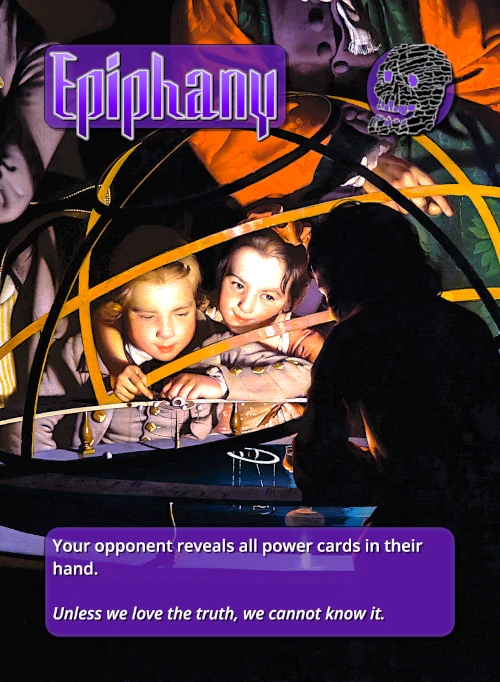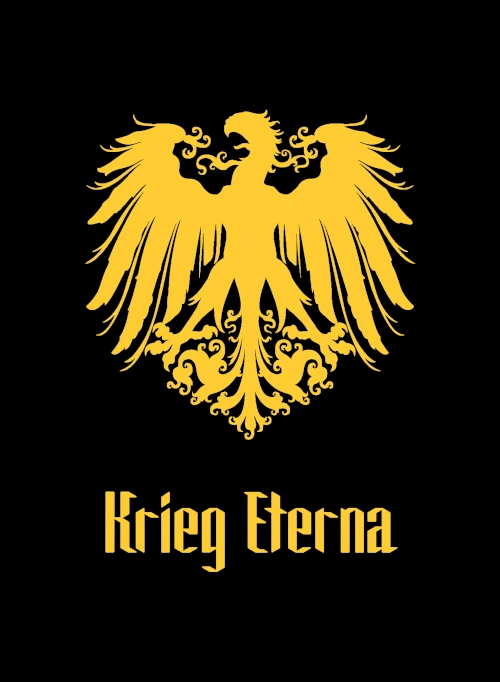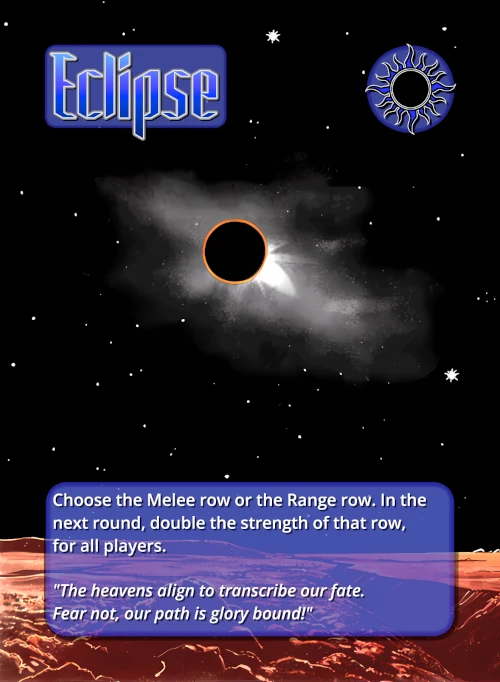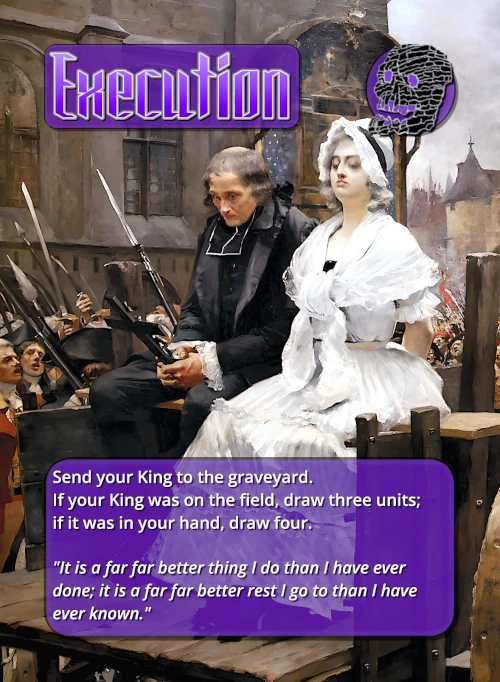Type: Hex Power
Effect Text: Your opponent reveals all power cards in their hand.
Flavor Text: Unless we love the truth, we cannot know it.
Flavor Source: Blaise Pascal
Artwork: The Orrery of Lutzen by Joseph Wright of Derby (1766)
Strategy:
If Epiphany is played early in the game, you will see all of your opponents power cards (but they may continue to draw new ones throughout the game). This will allow you to craft your general strategy early on. If Epiphany is played late in the game (say in the last round), you can learn the exact power cards your opponent has left and make a precise plan to counter them to win the game. Remember that you can always ask the number and types of cards in your opponent’s hand, so be sure to use this information to plan when to play Epiphany.
About the card:
Three young boys look at the solar system as it is explained by an old philosopher. The flavor text is attributed to Blaise Pascal's essay Of the Geometrical Spirit in which he explains some of his thoughts regarding proofs and definitions and how they relate to the underlying truth of the world. In the essay, Pascal describes how we must make assumptions of the true nature of the world and then build from those assumptions and how many things can only be defined self-referentially.
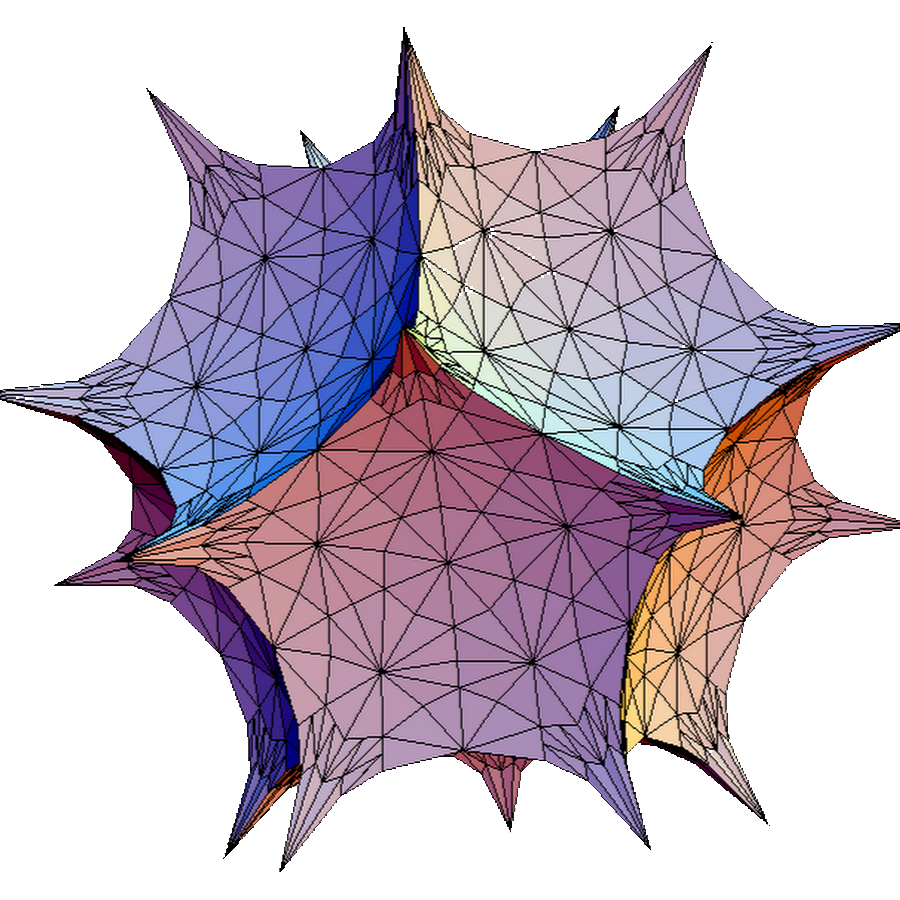
Euclid's Elements is a great example of this because, in his list of assumptions, the "Parallel Postulate" states that lines that aren't parallel must meet if extended forever. This assumption is useful in many geometrical proofs, but in the 19th century geometrical spaces where this is not assumed would be explored creating the field of non-Euclidean geometry. Both sets of geometries describe the world in some conditions and fail to describe it in others. The truth is only true so far as the starting assumptions hold.



